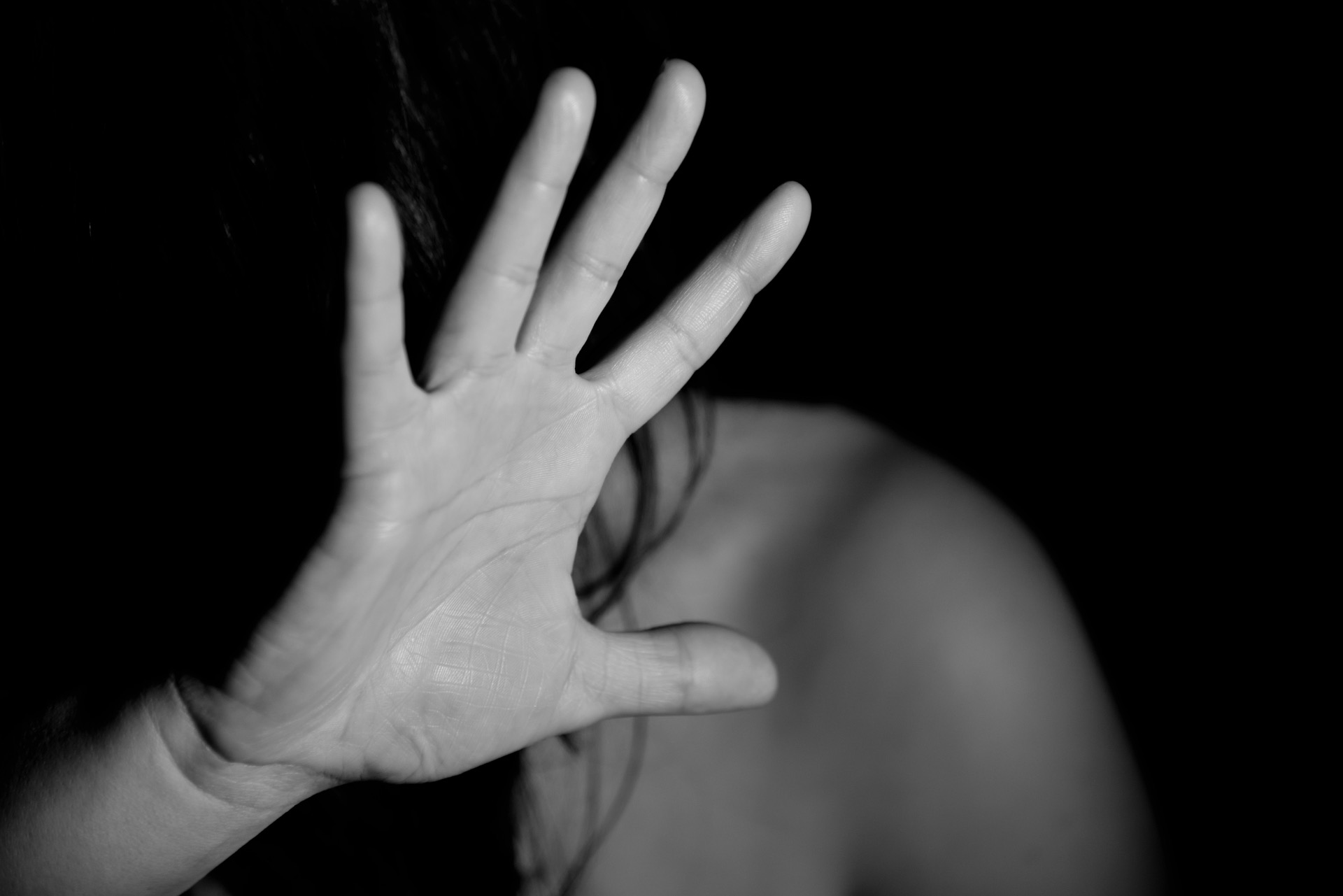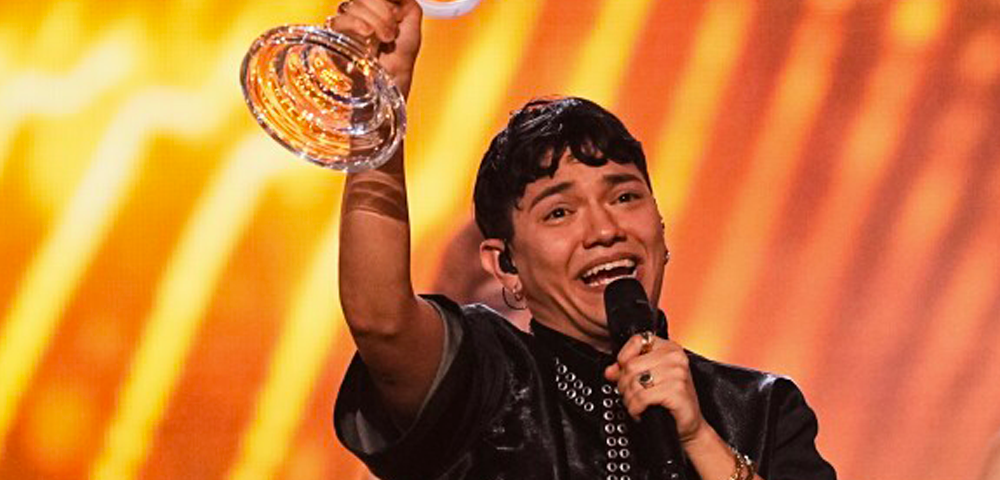
Two in five trans people have experienced a hate crime in the past year

A new report shows two in five trans people have experienced a hate crime based on their gender in the last year.
Stonewall UK’s 2017 Trans Report captures the experiences of 871 trans and non-binary people, giving some insight into their lives.
Young adults are at greatest risk of transphobic hate crimes, with 53 per cent reporting a crime or incident against them based on their gender in the last year.
Four out of five of those who had experienced a hate crime didn’t report it to the police, with many saying they didn’t feel supported or that they feared encountering further discrimination.
“I had occasion to report that I had been harassed and suffered an injury,” said one person in the report.
“I talked, they listened, but it was their attitude and I got the impression that it was not being taken seriously.”
The report also revealed high levels of discrimination and mistreatment of trans people.
Almost half said they didn’t feel comfortable using public bathrooms.
One woman said she was physically assaulted by two women when trying to use the bathroom at a bar.
“They began pushing me and shouted that I was in the wrong bathroom and pointed out that this was the ladies’ bathroom,” she said.
“I told them that I knew which bathroom it was and that I was in the right place, but they persisted.
“Since then I avoid public toilets wherever possible.”
The report revealed that one in ten trans people don’t want to medically transition, including 16 per cent of non-binary people, 10 per cent of trans men and 4 per cent of trans women.
For those who do want to transition medically but can’t access the treatments they want, the reasons given included waiting time, financial cost, and fear of family or professional consequences.
The group surveyed for the report included non-binary and binary trans people in England, Wales and Scotland.
One in five (20 per cent) of the participants were gay, 34 per cent bisexual, and another 30 per cent used other terms such as queer to describe their orientation. Only 13 per cent were straight.
A slight majority of the group—51 per cent—had a disability.
Almost a third of participants said they were pessimistic about the direction of LGBTI rights in the UK.
“We are constantly questioned on our existence, treated hostilely and ridiculed in the mane of debate… I’m sick of being described as a mentally ill freak,” said one trans person.
However, close to half said they were optimistic.
“The wider social awareness and acceptance of transgender people has made it easier to come to terms with myself and to come out to others,” said another person.









